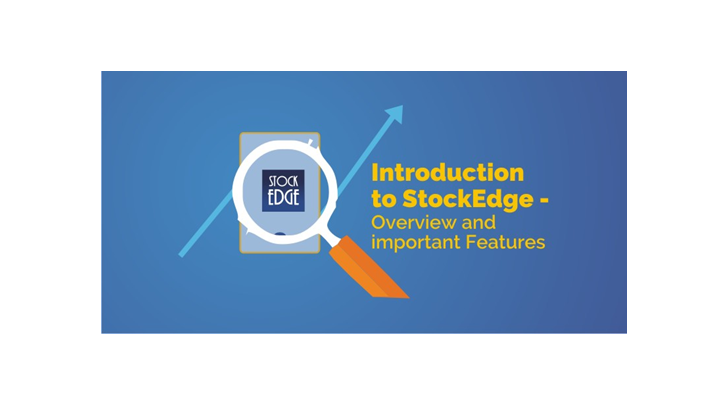Investing your money wisely is one of the best things you can do for yourself and your future. It’s never too early to start investing your money so that it will grow.
Buying stocks for beginners can be scary, but there is plenty of guidance available. This is especially true if you are looking to buy US stocks outside of the United States, in which case you´ll need the help of a broker to access those markets.
If you are new to the world of stocks and investing, you will undoubtedly have lots of questions and will need to take the time to learn some basic concepts.
Buying Stocks for Beginners: A Guide
Check out this guide to buying stocks for beginners.
Why Invest?
Investing is a way to make your money work for you. Rather than sitting idly in the bank, investing your money in stocks is one way to help achieve your financial goals.
Though the stock market may have its ups and downs, it has historically averaged a 9% return on investments.
How Much Should You Invest?
How much to invest depends on your goals. This is something to discuss with your financial advisor or brokerage firm, but a good rule of thumb is to contribute about 10% of your income to your investment portfolio.
Basic Types of Investments:
There are many options to invest in, but the basic types of investments include Stocks, Bonds, Cash, Mutual Funds and ETFs.
We recommend you consult with a reputable financial advisor for suggestions on how best to distribute your funds.
How you choose to invest will boil down to how conservative or aggressive you feel most comfortable regarding your finances.
For more information on investments be sure to check out thinkorswim vs tastyworks.
Investing Actively or Passively:
Active investing means selecting investments that are actively managed by professionals, with a goal of beating the market and achieving greater returns. Whereas passive investing is to simply try to match the market’s performance.
The choice of whether to invest actively or passively essentially boils down to how much time you want to spend studying the market. Active investing typically requires a potential investor to do extensive research into individual stocks.
Choosing the Right Stocks to Invest In:
For a beginner, it might be wise to consider certain types of stocks that are good long-term investments. It’s important to take your time, learn the basics, and to research into the ways stocks are valued.
Another thing to educate yourself on is the difference between investing and speculating. While investing is typically designed for sustained returns over the long haul, speculating is a dangerous way of chasing fast money.
Getting Started:
Once you understand the basics of buying stocks, you’ll want to open a brokerage account. Shop around and study the various brokerages to learn about their services and fees.
As a beginner, you will want to find a brokerage with features to guide you through the stock selection process.
Buying stocks for beginners can be an exciting process, and watching the return on investment as your money begins to grow can be a source of great satisfaction.
Click here to see more great business articles.
Read Also :






















